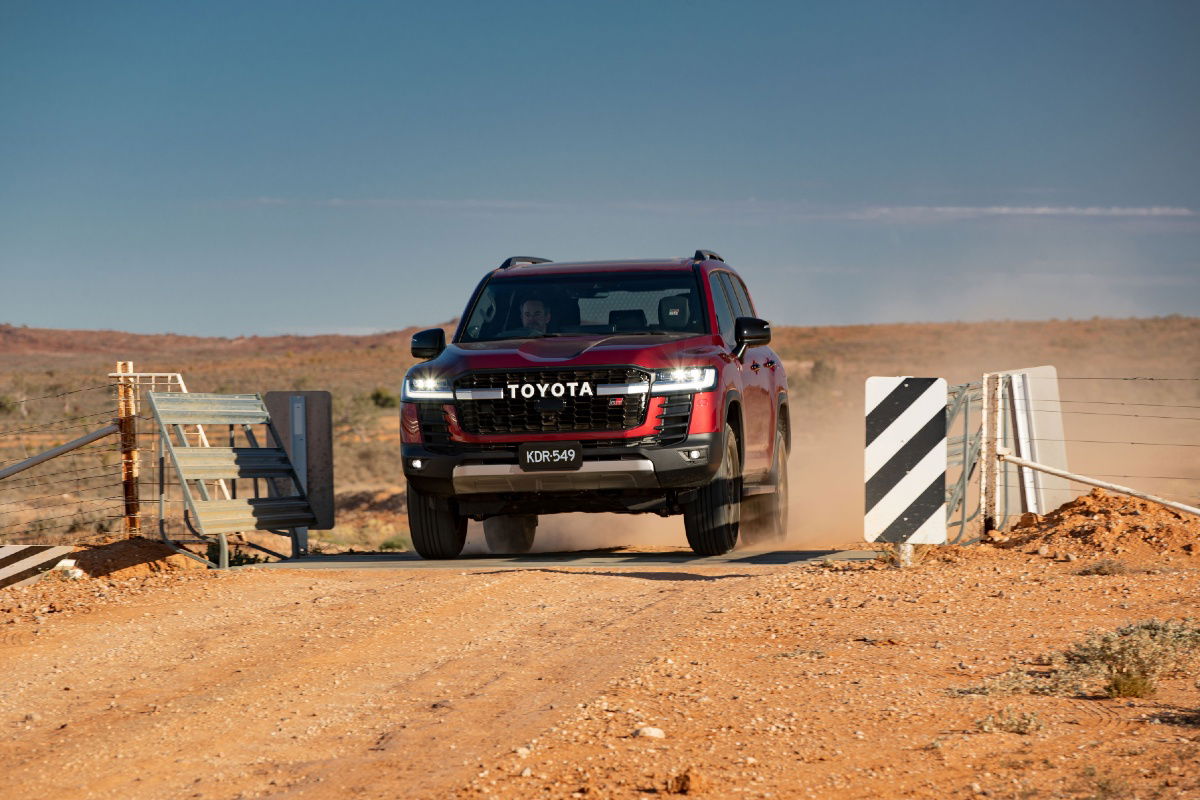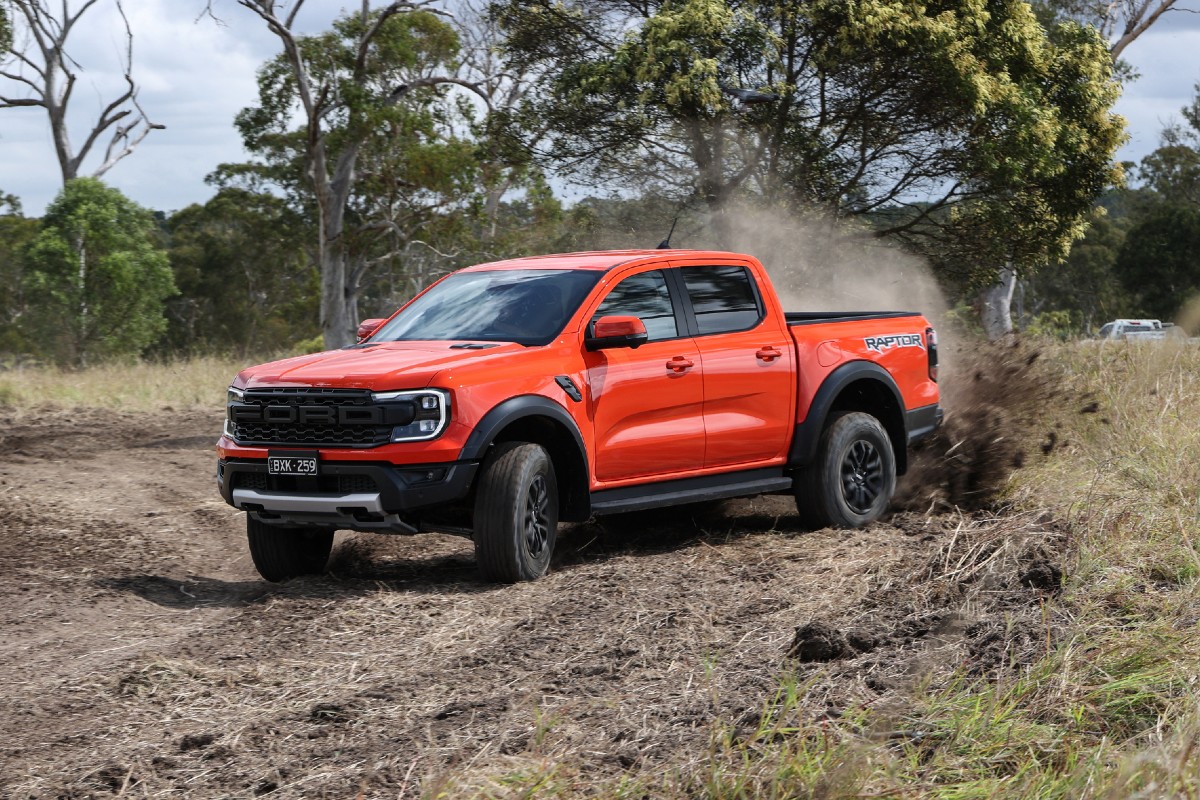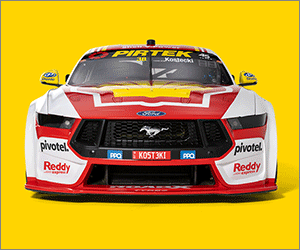The Federal Chamber of Automotive Industries (FCAI) today – alongside the European Australian Business Council – called for “a conclusion to a comprehensive Free Trade
Agreement with the European Union”.
At present, some European nations face a five per cent import tariff into Australia, which includes vehicles.
On top of this, European vehicles have long been the target of – or the most-affected by – the Luxury Car Tax, which was introduced in the 2000/01 financial year, partially to protect Australia’s car industry.
The FCAI says a comprehensive Free Trade Agreement with the EU “could spell the end of the outdated Luxury Car Tax”, which places an additional cost of 33 cents for each dollar above a certain threshold.

“Australia’s automotive sector strongly encourages all participants to deliver a trade outcome that is future-focused rather than prolonging outdated and inefficient policy arrangements, and one that allows Australians to share in world-leading mobility, safety and environmental technologies at the lowest possible prices,” FCAI chief executive Tony Weber said in a media statement.
As reported last month, The Australian cited sources close to Prime Minister Anthony Albanese that “the government was prepared to dump the tax in return for better access for Australia’s agricultural exports”.
“Over the weekend, we got calls from the Europeans saying, ‘speed things up’.”
While the Luxury Car Tax has continued to be implemented well past the winding up of local manufacturing in October 2017, it brings in about $1.2 billion in tax revenue annually.

Despite its name, most vehicles which are hit by the tax aren’t the luxurious vehicles you may think of, with even some versions of the Ford Ranger and Toyota LandCruiser sitting above the threshold.
Currently the Luxury Car Tax applies to vehicles with a dutiable value $91,387 which consume less than 7.0L/100km, or $80,567 for those above it.
This will change on July 1 however, with the fuel consumption threshold to be considered ‘fuel-efficient’ set to be halved from 7.0L/100km to 3.5L/100km.
Vehicles affected by the upcoming change include certain variants of the Mercedes-Benz C-Class and Vito Tourer, Alfa Romeo Stelvio, Lexus RX and NX hybrids, the Toyota Kluger hybrid, and Audi Q5 diesel.
One of Australia’s most controversial car taxes on the chopping block












Discussion about this post